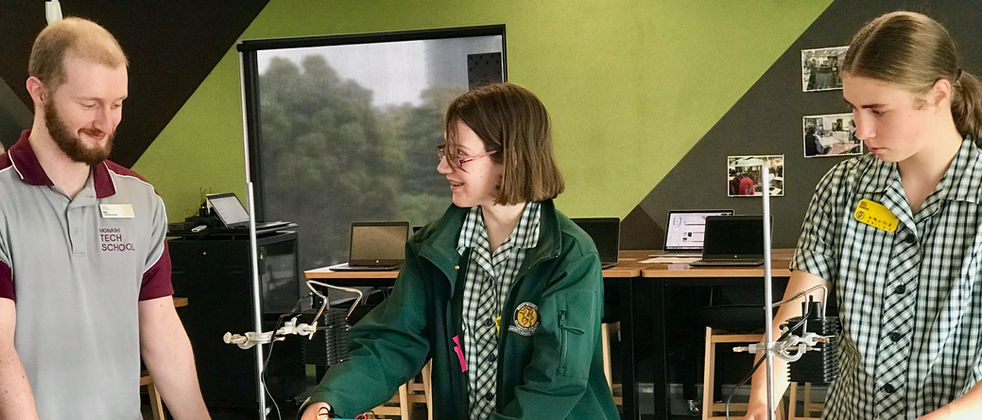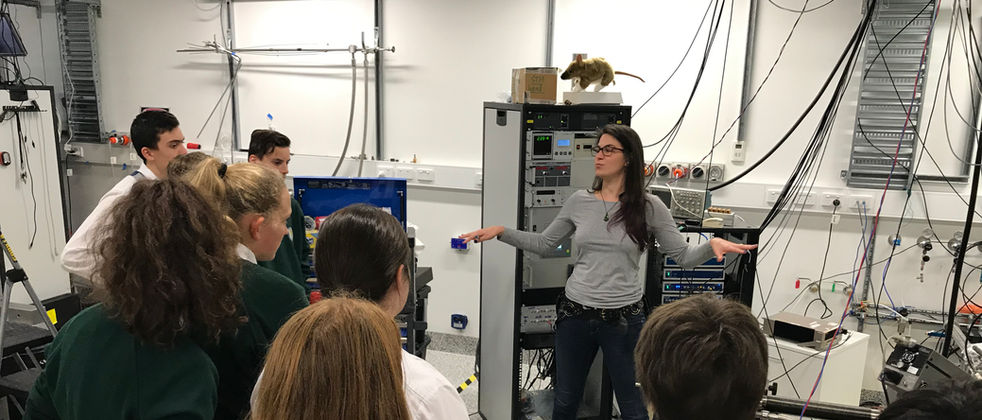SHOWCASE
Superpowers Program Showcase
Students explore renewable energy, sustainability, building materials and design concepts by designing renewable energy companies.
Design Thinking
Learning about energy innovations allows students to simulate the creation of renewable energy companies that engage with local Victorian communities and users when developing energy generation facilities.
Students undertake engaging hands-on activities that help them understand how energy is generated and conserved. They explore concepts relating to environmental sustainability and analyse household energy data in order to appreciate the impact human behaviours have on energy use and costs. Working collaboratively in teams, they generate ideas by conducting hands-on simulations of renewable energy systems and sustainable housing. This work influences their design of sustainable solutions that both seeks to support a local community’s energy use and their company’s commercial plans.
Technology
Sustainable housing materials, augmented reality, and app design technologies are incorporated into the learning program to develop both physical and digital prototyping skills.
Students use renewable energy and sustainable housing kits to simulate how specific renewable energy systems work to generate electricity and explore the insulating effects of various building materials. They prototype in both an augmented reality environment to build and code 3D models, and an app design tool, to build a user-friendly, informative app experience.
Special Education
Purposefully co-designed with partner school teachers to include differentiated hands-on activities that cater to special education students, Superpowers focuses on educating specialist students about energy types and renewable energy sources.
Students explore interactive materials, such as solar-powered cars and heat-sensing cameras, to understand new energy concepts. Simulations are used to challenge students to design their own wind turbines, further enhancing their problem-solving skills. The activities and resources are scaffolded to holistically meet the students' learning of energy systems.
Industry
Leveraging the research and industry connections on campus allows for expert insights from the Monash University NetZero Initiative Team, FLEET and the Woodside Innovation Centre to inform this program.
A campus wide tour focussed on the Monash University NetZero Initiative has students visit the cutting-edge ARC Centre of Excellence in Future Low-Energy Electronics (FLEET) and the Woodside Innovation Centre within the New Horizons Building. Students encounter superconductors and liquid metals at FLEET while at the Woodside Innovation Centre they understand how advanced 3D printing creates novel and optimised structures. Together, they learn how these materials and technologies play an increasingly important role in research and energy intensive industries. By visiting several sites across campus, whether energy efficient buildings, energy infrastructure or landscaped areas, students understand how designed solutions can impact energy generation, consumption and conservation.









